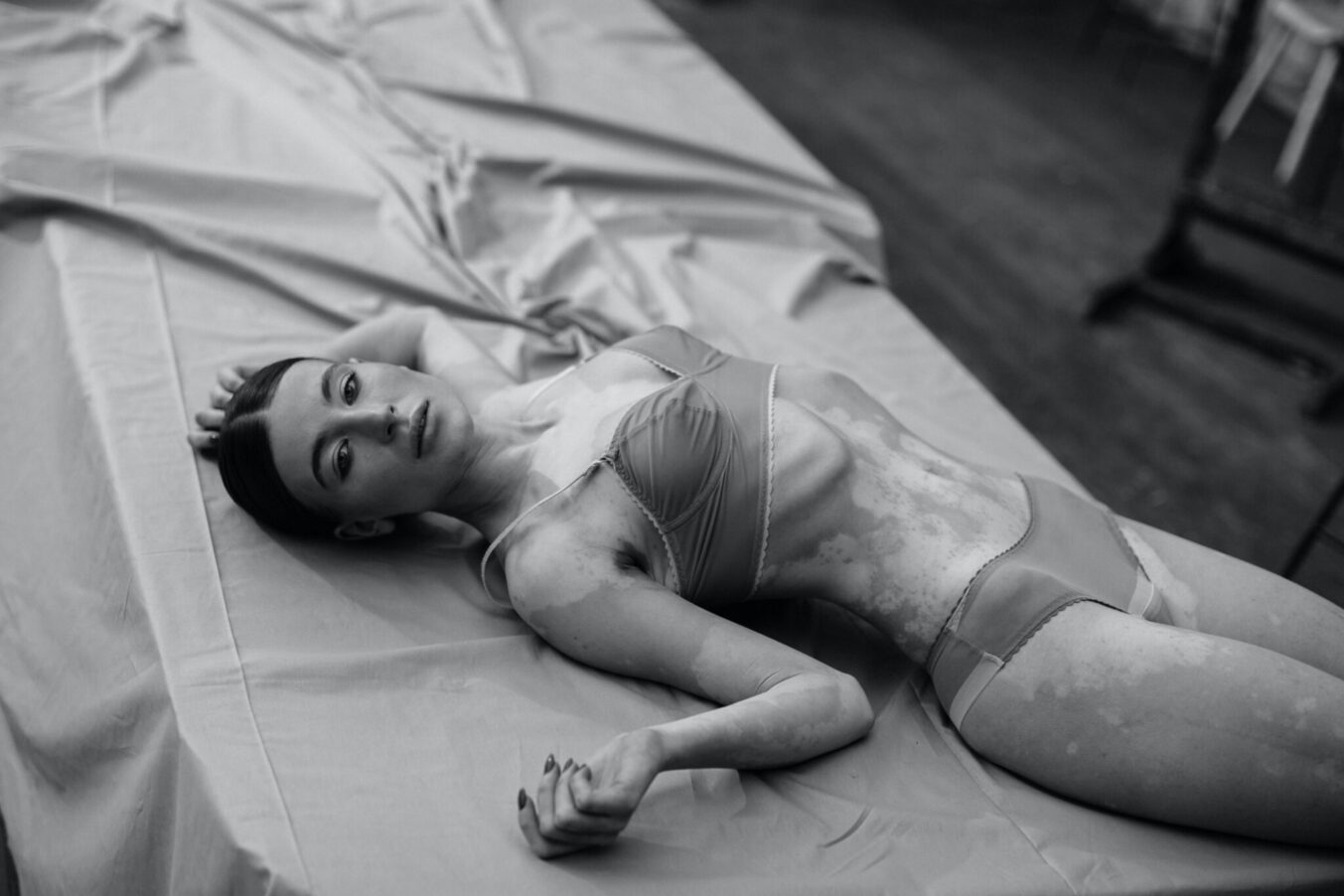I’m sure I can speak for us all when I say my screen time has significantly gone up throughout the pandemic. As much as I don’t like to admit it, it’s the result of mindlessly scrolling on Instagram. However, research suggests that the app may contribute to adverse psychological outcomes and poor appearance-related self-perception or as some call it ‘influencer envy’.
The rise of technology has meant the ability to manipulate the way we look has become effortless. Subsequently, new generations are exposed to much more than just airbrushed photoshoots in magazines. A few scrolls down our feed and most of us will see Instagram models, influencers and even peers who perpetuate an unattainable standard of beauty whether it’s “knowing your angles”, a face filter or smoothing out your skin. Apps such as Facetune allow physical features to be manipulated entirely with the click of a few buttons, removing imperfections to whiten teeth, slim waists and reduce sizes to be accepted as beauty ideals.
Comparison Culture
‘Social Comparison Theory’ suggests individuals drive to evaluate their progress and in the absence of objective standards, people compare themselves to others to know where they stand. However, on Instagram, we can compare ourselves to these edited pictures or individuals with cosmetic surgery (without realising). You may think you easily spot editing; however, only 60%- 65% of the time people recognise edited photos.
A debate has arisen about whether it should be compulsory for manipulated faces and bodies to be labelled as edited on Instagram. This has been proven somewhat controversial- what is your take? On the one hand, it creates a warped sense of beauty, especially for vulnerable women with lower self-esteem. However, is it right to police people’s bodies, especially when it may make the poster feel more confident? Researchers found that viewing an idealised image from social media had a negative influence on women’s body image, no matter if it came with a disclaimer or not. Although, disclaimers lead viewers to form a less favourable impression of the poster. This suggests it may do more harm than good as the posters emotional wellbeing may lower with no effect on the viewer.

A rise in cosmetic surgery
Evidence suggests social media pushes us to take part in life-threatening beauty trends in the interest of acceptance and social compliance in society, affecting emotional wellbeing. WomensHealth found that those in their 20s desired the fox eye effect of having eyes stretched upwards and back (as if pulled in a secure high ponytail) more than any other age group. This leads to surgery involving implanting dissolvable threads under their skin to hoist it up or Botox to raise their eyebrows. This was most likely the result of repeated exposure to this popular beauty trend and wanting to look more like models such as Bella Hadid. It seems women persist in internalising these beauty ideals as a model for their own comparisons. Consequently, steps need to be taken to help those affected by idealised images on Instagram.
With that Being Said Positive Psychology Can Help…
Positive emotions broaden momentary ‘thought-action repertoire’ (so, like how joy sparks the urge to play), which widens an individual’s mindset. Having an open mind while scrolling down the gram means you are more receptive to different information types. Putting you in an excellent position to judge whether the image is altered and whether or not you should engage in social comparison. These actions then become internalised and lead to feelings of acceptance.
In a 2020 study, women either observed ‘Instagram vs reality’, ‘ideal’ or ‘real’ images. Viewing the ‘Instagram vs reality’ and ‘real’ images whilst identifying the ‘ideal’ images as fake, disrupted the ‘social comparison process’ and reduced body dissatisfaction. This research suggests Instagram can enhance self-esteem with the photos associated with hashtag trends such as #instagramvsreality and #nomakeup as they promote self-acceptance.
“If positive psychology teaches us anything, it is that all of us are a mixture of strengths and weaknesses. No one has it all. No one lacks it all.”
– Christopher Peterson
Therefore, follow some ‘real’ accounts representative of yourself to minimise the risk of engaging in unhealthy social comparison.
Here are my recommendations for excellent reality-checking and body positivity accounts:
1. @danaemercer
“Reminding you you’re special.”
2. @planetprudence
“Helping you see that your thoughts aren’t alone.”
3. @celebface
“WELCOME TO REALITY.”
4. @stephanieyeboah
“Self Love Advocate”
5. @hi.ur.beautiful
“Here to remind you that there is no bad way to have a body.”
So what’s stopping you from using Instagram as a tool to foster an appreciation for the full spectrum of beauty!




Join the discussion One Comment